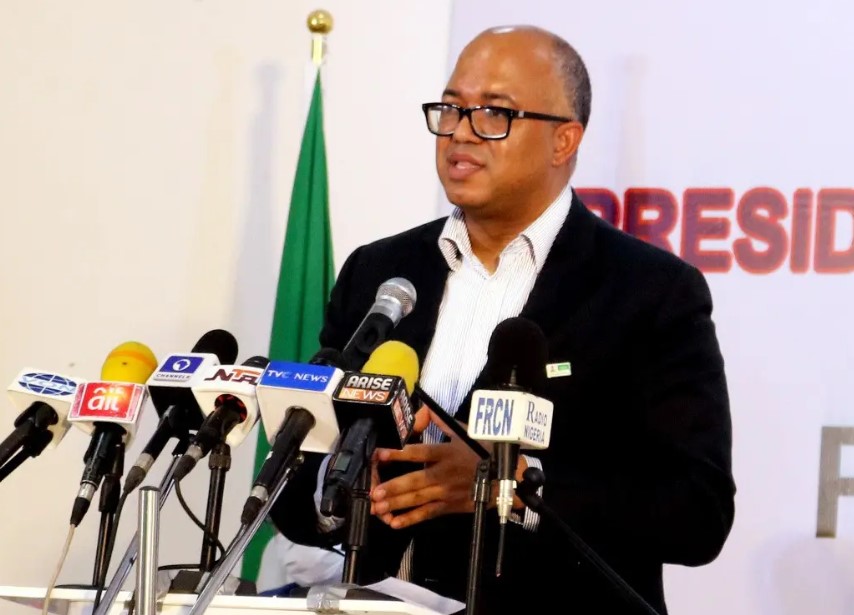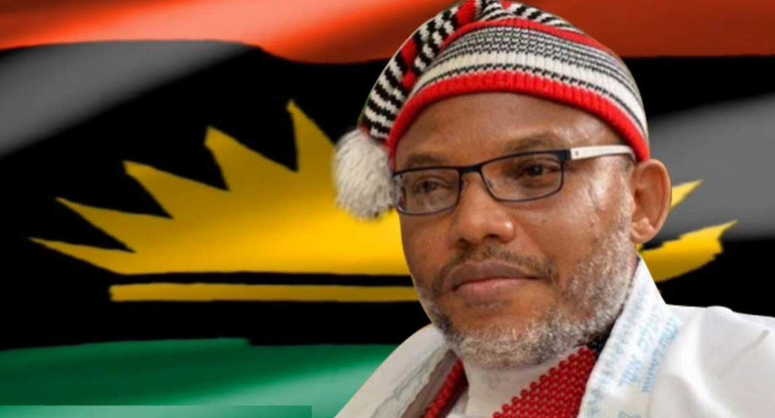Interviews
INTERVIEW: NCDC Chief Reveals What Nigeria’s Plan To Prevent Worst-Case Scenario
Nigeria’s confirmed COVID-19 cases, since the first record on February 27, are 288, including 51 recoveries and seven fatalities, as of April 9. There are optimistic views that COVID-19 is not yet a community disease in Nigeria and the comparatively low statistics correctly reflect the country’s true situation.

Some, on the other hand, believe limited testing capacity may be covering Nigeria’s true reality and that the virus may be spreading at the community level with much more cases existing without detection. In this email interview with PREMIUM TIMES, the Director-General of the Nigeria Centre for Disease Control, the frontline agency against coronavirus, Chikwe Ihekweazu, discusses efforts to stem the spread of the virus and says that most of Nigeria’s confirmed cases are returnees and their direct contacts, allaying concerns about community transmission. He hints at how Nigeria will handle the arrival of expected evacuees from abroad. He also says Nigeria could flatten the curve but warns of a “worst-case scenario” should preventive measures not be adhered to.
Excerpts:
Question: Has COVID-19 become a community disease yet in Nigeria? If the country does not have community-level transmissions yet by official records, is this not because we are not doing enough tests as some have suggested?
Ihekweazu: We have ramped up testing capacity as quickly as we can, to enable testing for COVID-19. By leveraging on investments in diagnostics for Lassa fever and polio, we have activated nine laboratories for the testing of COVID-19 in less than three months. This has enabled us to increase the national daily testing capacity from 500 to 1500. We may not be where we want to be with testing but given the current situation, we have come a long way and continue to improve. In the next one month, we intend to expand further and have 14 labs with the capacity to test for COVID-19. The validation and production of new testing technology will also determine how quickly we can scale up on testing.
In addition, our response to COVID-19 continues to be driven by science and evidence. In the last one week, we have reviewed our case definition to ensure we can detect cases that are not in returning travellers or contacts of confirmed cases. This will enable us to make informed decisions to mitigate the impact of the disease.
Question: How easy or hard does it become to track the thousands of suspected cases? How many persons have Nigeria tested as of this moment?
Ihekweazu: Till date, we have tested nearly 4,000 people for COVID-19. Surveillance in terms of contact tracing and monitoring is one of the most important yet resource-intensive and rigorous aspects of our response to COVID-19. For every confirmed case, intense contact tracing is carried out to promptly detect and treat contacts who may be infected. As at the 3rd of April, 7,868 passengers of interest have been identified and monitored. Over 70 per cent have completed their follow-up period without showing symptoms of COVID-19.
We have been able to achieve this through combined efforts with State Ministries of Health, Port Health Services, colleagues from our Nigeria Field Epidemiology and Laboratory Training Program (NFELTP) and other partners. We are also using our digital surveillance tool, SORMAS, which has been rolled-out across states. We continue to explore ways to enhance this process. Currently, we are in conversation with the states and the private sector to provide more resources for contact tracing in all LGAs in the country.
Question: Both by the speed of spread and fatality rate, Nigeria comes better than most countries, including the advanced economies of the Global North. Do you want to say we have a better response? What’s responsible for our performance?
Ihekweazu: It is too early to conclude that our response is better than that of most countries. We are still learning and continue to do so on a daily basis. Ultimately, our aim is to protect the health of Nigerians and we remain committed to this mandate. We are learning from the response in other countries and guidance from expert bodies such as the World Health Organisation and Africa Centres for Disease Control.
Question: Do we have hypothetical scenarios that predict the highest number of cases the country could reach? What are these numbers?
Ihekweazu: We do have scenarios that help us understand what may or may not happen if certain measures are not put in place in a timely manner. Accordingly, through the Federal Ministry of Health, we have been working collaboratively with the Presidential Task Force for COVID-19 to ensure that measures being implemented are thoroughly thought through and driven by current epidemiological information and projections.
In the absence of a vaccine for this disease, we have to depend on non-pharmaceutical interventions such as closure of large gatherings and cessation of movements. There is a strong chance that if these interventions are properly implemented and adhered to, we can flatten the curve and control this outbreak. By limiting movements, we are reducing the possibility of spread of the virus causing COVID-19, which is highly transmissible. This requires a whole-of-society approach to ensure we do not gravitate towards the worst-case scenario.
Question: There is a plan to evacuate Nigerians abroad. What measures are being put in place to check further importation of the virus? Asking people to go self-isolate in their own homes may not work. Do you agree? Will the authourities have the returnees in a government monitored facility for at least 14 days before allowing them to go home – if they are without the virus?
Ihekweazu: Our decisions continue to be reviewed, based on the epidemiology of the disease and also on resource availability. Keeping people under compulsory quarantine in a facility requires manpower and resources. With increasing awareness on the disease and associated risks, people have a better understanding of the need to self-isolate on return to Nigeria. This is not only to protect themselves but also to protect their loved ones.
The Federal Ministry of Health is working closely with other agencies coordinated by the Presidential Task Force, to ensure that we fully mitigate the possibility of having more infected people come into the country. We also continue to follow up closely with returning passengers who are expected to remain in self-isolation for 14 days after arrival.
Culled Premium Times





